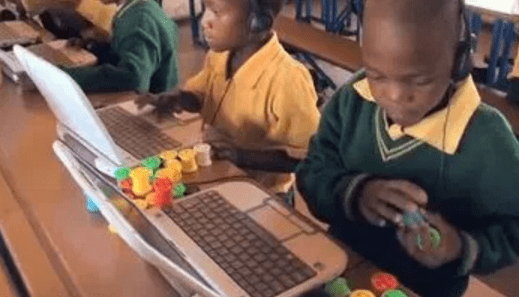Lovemore Lubinda
The United Nations Education Scientific and Cultural Organization (UNESCO) have expressed worry over nose diving of Zimbabwe literacy rates.
The United Nations body’s Education Programme Specialist Abdoul Wahab Coulibaly said the country needs the cooperation of all people to make sure that its literacy rate does not plummet further down.
Quoting recent statistics by the World Bank which revised the literacy rates that stands at 85 for females and 88 for males, Coulibaly said although the figures are still high as compared to other African countries, Zimbabwe should protect the gains it had made over the years.
Zimbabwe has always been regarded as boasting of a high literacy rate in the continent and the number one in the sub-region with 94 percent literacy rate.
However Coulibaly lauded Zimbabwe over the stance it has taken in the new curriculum Framework to promote local languages saying, it lays the foundation of multilingual education.
“UNESCO is of the view that Zimbabwe has taken the right steps in the new Curriculum Framework to lay the foundation of multilingual education. Zimbabwe already has a policy on use of the mother language in the first grades of the primary school,” said Coulibaly.
He said language is a bridge between cultures as much as it is a tool for communication,” Languages express who we are, they structure our thoughts and identities,”
“There can be no authentic dialogue or effective international cooperation without respect for linguistic diversity, which opens up true understanding of every culture. This is why learning languages are at the same time a promise of peace, of motivation and of creativity,” said Coulibaly.
Tsungai Chegomo Chigove an official in the Ministry of Primary and Secondary Education (MoPSE) said the new curriculum emphasizes the teaching of local languages to infants.
Zimbabwe has 16 officially recognized languages. These languages will central in the country’s education and implementation of the new curriculum. The languages are expected to be taught from infant levels and gradually to higher levels.













